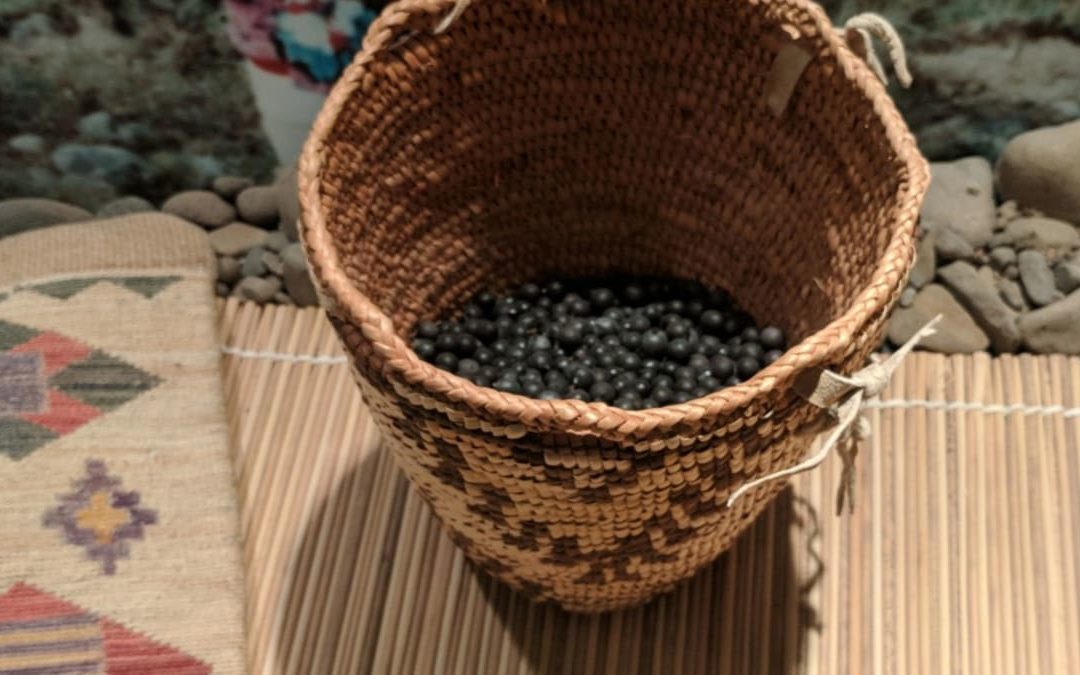Last week, the White House released first-of-a-kind guidance for Federal Agencies on recognizing and including Indigenous Knowledge in Federal research, policy, and decision-making. According to the White House website, Indigenous Knowledge is a body of observations, oral and written knowledge, practices, and beliefs that promote environmental sustainability and the responsible stewardship of natural resources through relationships between humans and environmental systems. It is applied to phenomena across biological, physical, cultural and spiritual systems. Indigenous Knowledge has evolved over millennia, continues to evolve, and includes insights based on evidence acquired through direct contact with the environment and long-term experiences, as well as extensive observations, lessons, and skills passed from generation to generation.
To develop the guidance, the White House Council on Environmental Quality and the White House Office of Science and Technology Policy led a working group of more than 25 Federal departments and agencies. The White House engaged more than a thousand individuals, organizations, and Tribal Nations in elevating Indigenous Knowledge in Federal decision-making. Engagement included Nation-to-Nation Consultation, meetings, and input from more than 100 Federally recognized Tribes, public listening sessions, Native Hawaiian and Pacific Islander Roundtables, a Native and Indigenous Youth Roundtable, conference outreach, and dozens of individual meetings with others with experience and expertise on Indigenous Knowledge. In the summer of 2022, a draft of the guidance was released to Tribal Nations for consultation. Input from that consultation has shaped the final guidance. In a fact sheet released in conjunction with the Tribal Nations Summit, the administration called traditional ecological knowledge “one of the important bodies of knowledge that contributes to the scientific, technical, social, and economic advancements of our nation.” It also pledged to develop a plan for the “collection and application of such knowledge” in a way that is “mutually beneficial to Tribes, Native communities, and federal agencies.”
According to an article in Native Science Report, STEM leaders in Native communities also acknowledge that mingling the rules guiding a federal bureaucracy with evolving traditions of Indigenous knowledge holders poses challenges and opportunities. While Indigenous leaders and researchers indicated they welcome the effort, they also highlighted some of the nuances that should guide the process.

